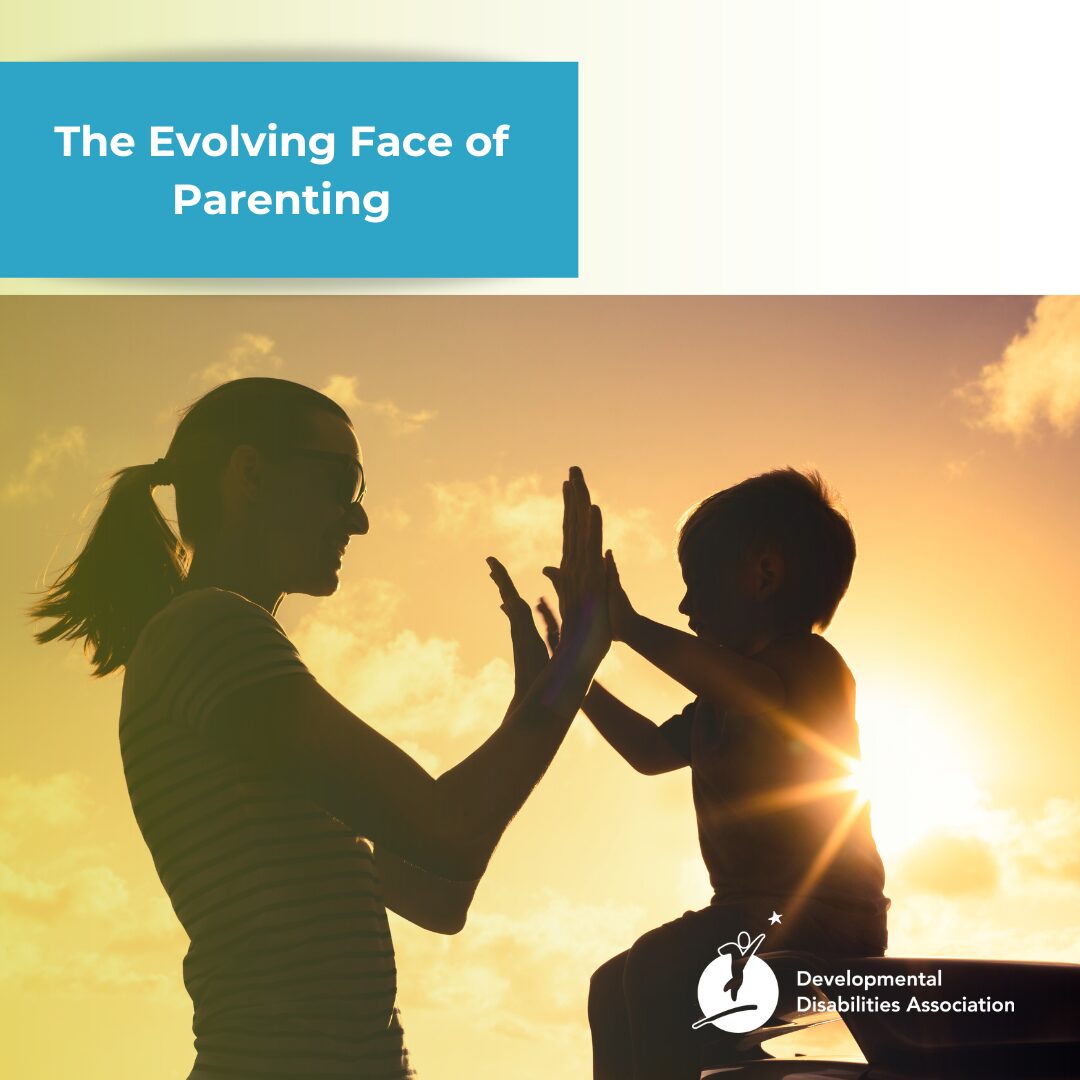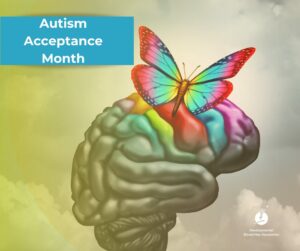Parents today are the first generation in the history of homo-sapiens that takes a ‘child-first’ approach to raising kids. We view each child as a special, individual with their own unique needs and gifts. This is how we view children with disabilities because their brain development does not necessarily follow the same progression as typical kids, who hit developmental milestones at about the same age, as their brains grow and learn. Most kids start crawling, walking, and talking at about the same age.
Before very recent times in the evolution of human beings, and prior to the onset of rapid communications and information technology, women generally had more than one or two children. Up until the 1850s and the Industrial Revolution, people lived on farms where women would have upwards of ten to twelve children and grow food, cook, sew, do laundry, clean, tend to livestock, and keep their husbands alive. They did not care if their kids were self-actualized and working toward their developmental milestones. They had no books or child development experts available to consult with, but still, they raised the people whose descendants populate the world today. Farmers did what it took to survive and found that their children learned by interacting with their environments and each other. Big families had an economic advantage because they had more kids to help with farm and housework.
When reliable birth control emerged in the 1960s and women were able to work alongside men, they chose to have fewer children so each one became more precious. China had a one-child policy so the concept of only children became more widespread and all the energy mothers and fathers expended on 13 kids with lots of space to run around became focused on just one, generally living in apartments. Rather than expecting children to fit into the lives of their parents like back in the day, parents today seem to do everything they can to please their children. This is not a bad thing, but along with the urbanization of humanity since 1850 or so, it’s a new thing.
Then social media arrived in a big way only about 20 years ago and a new virtual world of child rearing followed, supported by businesses selling to families who want their kids to have the best of everything. The best advertising creates desire so a lot of this marketing appeals to the escalating (often invented) needs of infants and children. Courses that accelerate learning abound, swimming and gymnastics start at 2 and a lifetime of extra-curricular activities follows. Most children abandon these activities when they’re adults but they are good for physical, musical and artistic development. Schools used to operate these activities after school but that was abandoned a long time ago so families do a lot of driving from place to place to maximize their child’s potential. The truth is that children develop at their own pace and most accelerated learning in childhood does not provide an advantage unless the child has a developmental disability. Children’s brains develop at a predictable pace and they can only absorb what their developing brains can handle.
Recent research has discovered that mothers today spend twice as much time and fathers spend four times as much time each day with their children as they did 50 years ago yet children, teens, and adults have more mental health problems today than they ever have. Families feel like they’re running just to catch up. Children are no longer a net economic benefit to their families – quite the contrary – today kids cost a lot of money. Adding to the stress of parenting is a constant feeling that what they’re doing is not good enough. When parents have a child with a disability, they can feel even more inadequate.
So what can we learn from our predecessors? Calm down. No parent is perfect and raising kids is really hard in a modern world filled with super high expectations, fake truth, and limited time. All children need healthy food, clean water, fresh air, warmth, physical activity, a stable environment, and lots of love, the sacred sauce of parenting. Children don’t need the best of everything. They don’t need everything they want or see on TV. They don’t need to be structured all the time. They need parents to set boundaries, say no at times and mean it, teach them life skills and love them even when it’s hard.
“Family-centered” is still the best way to go and we at DDA are here to provide specialized infant services for families who have children with special needs and childcare for all children. The good news is that with $10 per child care fully implanted at DDA, our support to families will be affordable to everyone.



